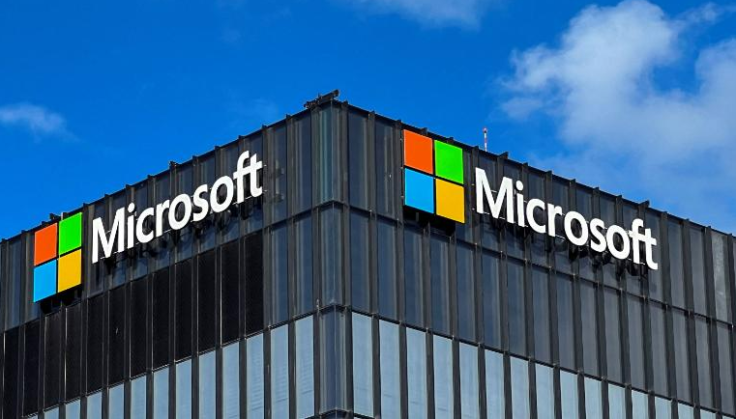'No More Coddling': Microsoft Cracks Down on Low Performers With Two-Year Rehire Ban and No Severance
Two-year 'exile policy' signals end of coddling culture

In a significant shift from previous practices, the tech behemoth has established a strict two-year rehire ban for employees deemed underperforming and barred them from internal transfers within the organisation.
For thousands of Microsoft employees who once enjoyed flexible working conditions and generous benefits, the landscape has now shifted dramatically beneath their feet.
The Redmond-based tech titan has quietly rolled out what insiders are calling the most significant overhaul of its performance management system in more than a decade.
'Shape Up or Ship Out': Microsoft's New Performance Reality Bites
Gone are the days of gentle performance improvements and second chances. In their place stands a stark new reality: perform or leave—and if you leave, don't expect to return for at least two years.
This seismic shift came to light through an internal message from Amy Coleman, who took over as Chief People Officer in January following the departure of Kathleen Hogan after nearly nine years in the role. Coleman's email, sent last Friday as many employees were winding down for the weekend, detailed measures that workplace analysts describe as 'ruthlessly pragmatic.'
The Axe Falls: What's Changing for Microsoft's 180,000 Global Staff?
The new framework pulls no punches in addressing what Coleman terms 'low performers' through several hardline measures:
Struggling employees now face a stark choice: accept a Performance Improvement Plan with strict timelines or take a 'voluntary separation agreement' and leave immediately. This 'improve or remove' approach marks a significant departure from Microsoft's previously nuanced coaching methods.
Those receiving bottom-tier performance ratings—scoring between zero and 60% on Microsoft's 200-point scale—face immediate restrictions on internal transfers, effectively trapping them in their current positions until they improve or exit.
Perhaps most controversially, former employees who left with poor performance ratings or during improvement plans will be barred from rejoining any Microsoft division worldwide for a minimum of 24 months—a policy one anonymous employee described as 'the corporate equivalent of exile.'
The changes arrive after Microsoft's £2.3 billion ($3.05 billion) quarterly profit exceeded market expectations, raising questions about the timing and necessity of such measures.
'We're witnessing the corporatisation of once-innovative tech cultures,' explains a scholar, who studies workplace dynamics in corporates.
'Microsoft isn't struggling financially—their Azure cloud services grew by 29% last quarter. This is about embedding a performance-obsessed culture that values output over everything else.'
Legacy Building or Short-term Gains?
Industry watchers link these changes to CEO Satya Nadella's recent emphasis on Microsoft's longevity. During a town hall in March, Nadella reportedly stressed the importance of maintaining relevance 'in year 51 and beyond'—a reference to Microsoft's founding in 1975.
The shift comes amid Microsoft's aggressive push into artificial intelligence, following its £10 billion ($13.2 billion) investment in OpenAI and the integration of AI capabilities across its product suite. With competition intensifying from Google, Amazon, and numerous startups, the pressure to innovate has never been greater.
A former employee at Microsoft, sees the changes as inevitable: 'The days when tech companies could afford to carry underperformers ended with the post-pandemic correction. Microsoft is late to this game—Meta and Amazon implemented similar measures months ago.'
Indeed, Meta's 'block list' policy and Amazon's controversial 'unregretted attrition' programme targeting the bottom 6% of performers signal an industry-wide rethinking of employee-employer relationships.
Human Cost: Real People Caught in the Corporate Crossfire
For Microsoft employees like Susane (name changed), who shared her story anonymously, the anxiety is palpable. 'We used to joke about Microsoft being a comfortable place where you could coast if needed. No one's laughing now. Everyone's looking over their shoulder, wondering if they'll be next.'
The new policies follow February's quiet culling of approximately 2,000 staff deemed underperformers, who were dismissed without severance—a move that sent shockwaves through the industry.
As Microsoft doubles down on performance management, the human toll of tech's cultural transformation continues to mount. Yet with share prices at record highs and AI development accelerating, the message from Redmond is clear: in today's Microsoft, only the highest performers will thrive.
© Copyright IBTimes 2025. All rights reserved.





















